APX Insights
Machine Tool Probe Technology: A Key to Enhancing Competitiveness in Modern Machining
Machine tool probe technology has become a critical tool for elevating competitiveness in modern machining, embodying the manufacturing industry’s transition toward intelligence and precision. Its applications deliver tangible benefits across multiple dimensions:
1. Improved Machining Precision
Machine tool probes enhance precision through real-time measurement and error compensation. For example, they automatically gauge workpiece dimensions and positioning, minimizing human error. Their high-precision capability detects deviations and enables on-the-fly corrections, eliminating the need for repeated clamping and repositioning.
2. Reduced Cycle Time
By eliminating manual measurement and adjustment, probes streamline workflows. They automate workpiece alignment, measurement, and compensation—significantly shortening production cycles. Real-time in-process measurement further reduces downtime for quality checks.
3. Lower Scrap Rate
Precision measurement and immediate error correction ensure parts meet design specifications. Probes detect deviations during machining, preventing defective products and reducing material waste.
4. Minimized Human Intervention
Automated probing reduces reliance on skilled operators, cutting labor costs while maintaining process consistency. This autonomy enhances production stability across batches.
5. Enhanced Productivity & Flexibility
Probes enable machines to adapt to complex tasks by accelerating measurement and compensation. This flexibility reduces non-productive time and allows quick retooling for varied part types.
6. Cost Optimization
Through scrap reduction, cycle time savings, and labor efficiency, probe systems lower overall costs. For instance, improved equipment utilization and minimized rework directly impact operational expenses.
7. Automated Quality Control
Post-machining, probes conduct final dimensional inspections, automating quality assurance. They verify tolerance compliance, ensuring consistent part quality without manual oversight.
Conclusion
Machine tool probe technology drives precision manufacturing by integrating real-time measurement with process automation. Its ability to optimize accuracy, reduce costs, and enable lights-out production makes it indispensable for modern machining enterprises aiming to lead in global markets.
Recommended news
-
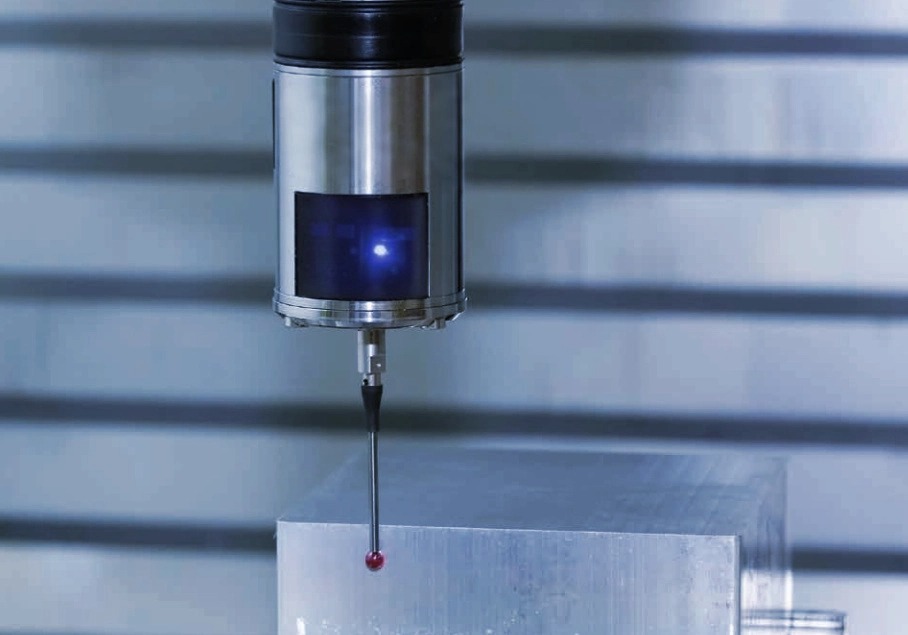
Machine Tool Probe Technology: A Key to Enhancing Competitiveness in Modern Machining
2025-05-26 -
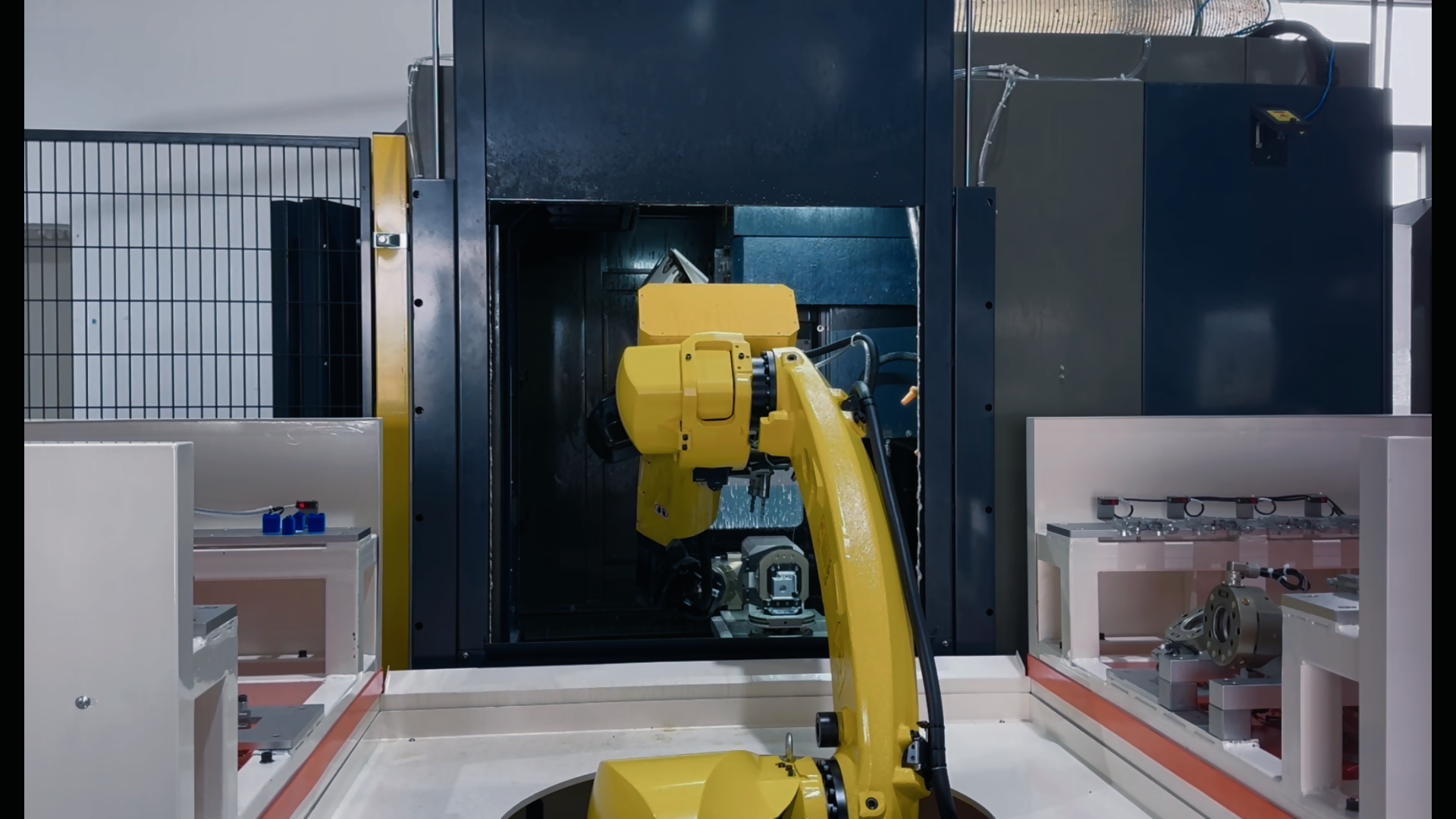
Zero-Point Positioning System: The "Invisible Engine" of Machining Automation
2025-05-05 -
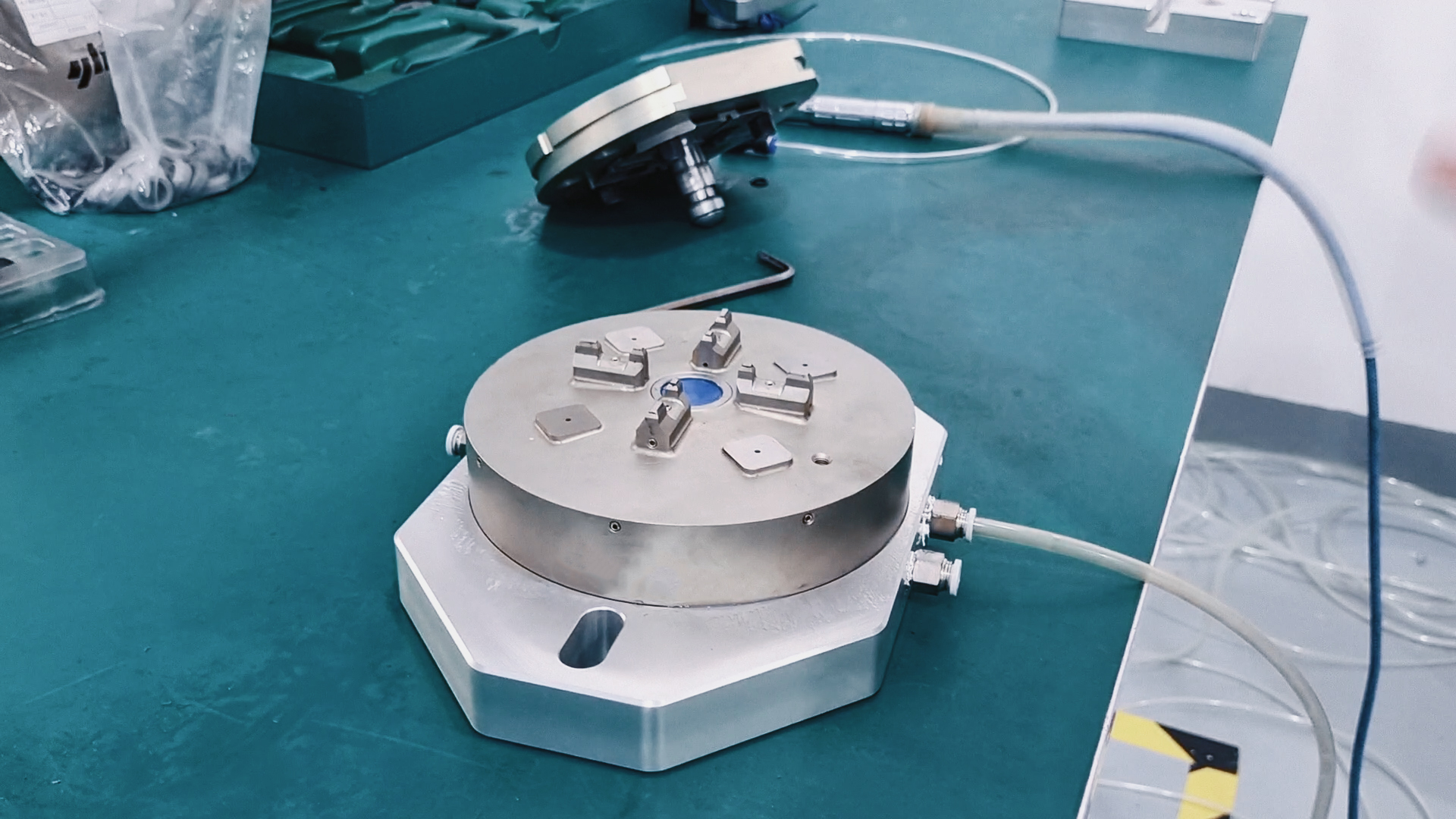
Zero-Point Clamping Fixtures: Why They Are Widely Used in Mechanical Manufacturing and Processing Industries
2025-05-05 -
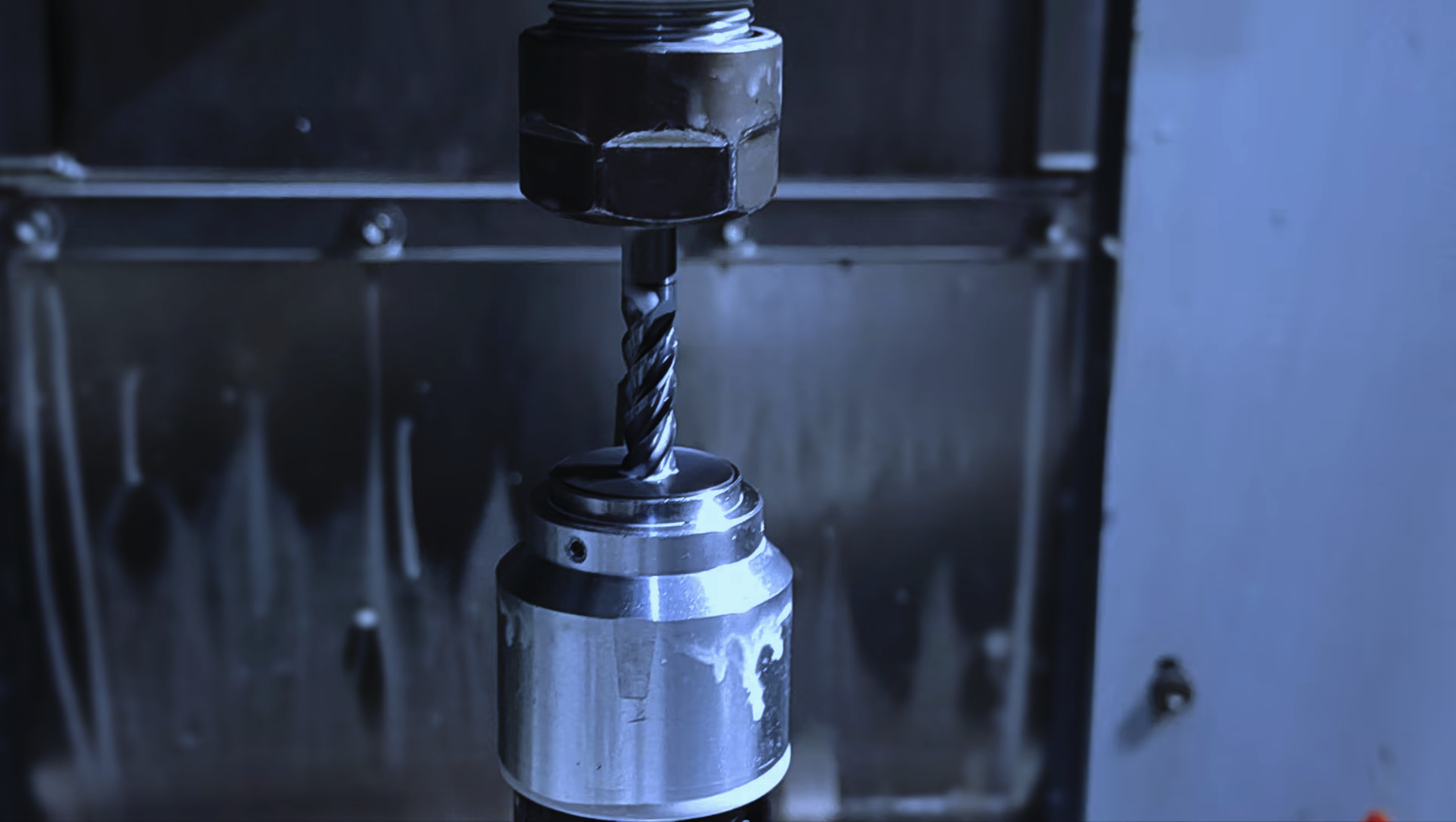
Dual Guarantee for Machining Efficiency and Safety! In - machine Tool Presetter Makes Production Smarter
2025-05-05 -
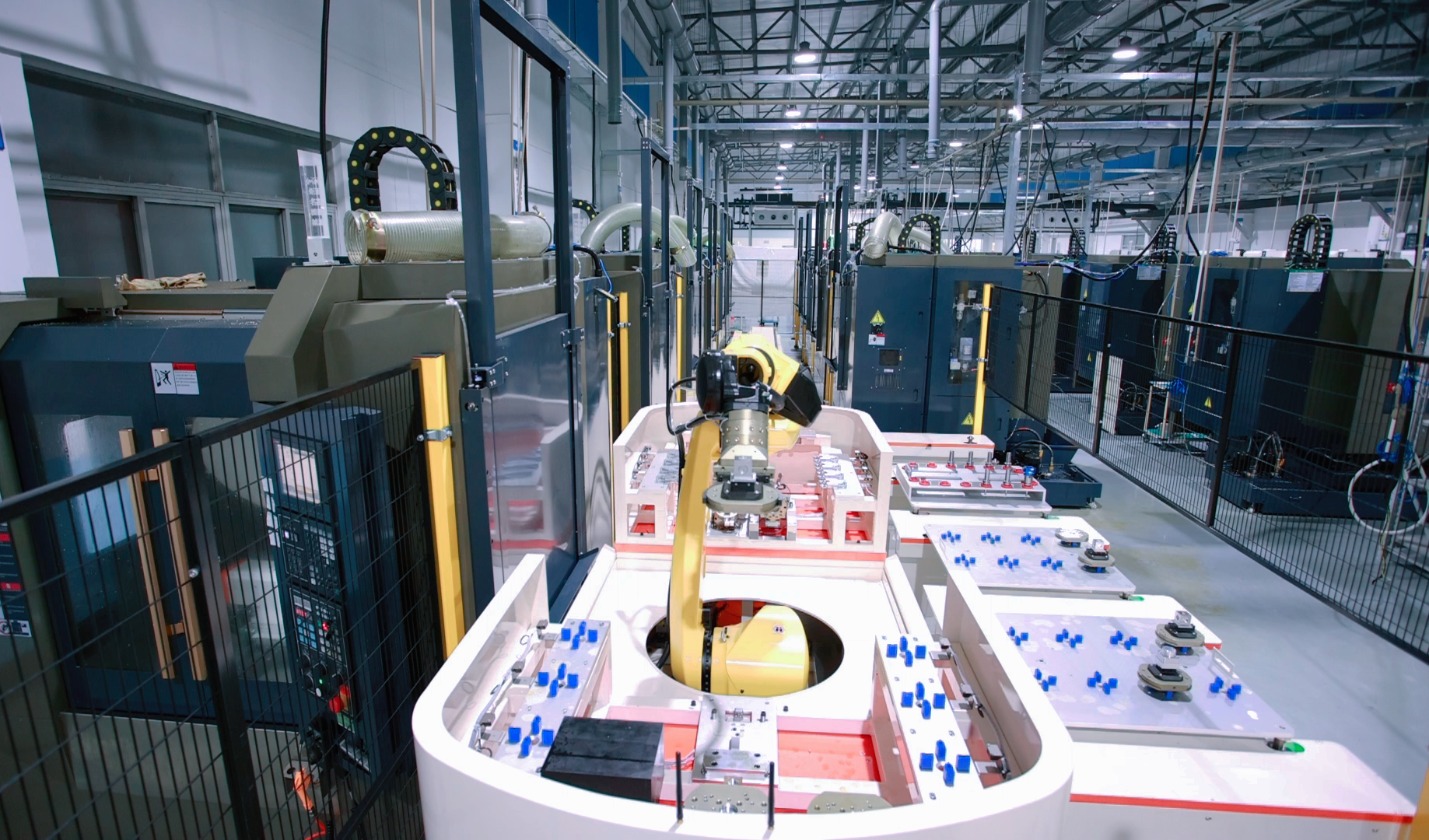
Zero-Point Positioning Systems in FMS: Specific Application Scenarios
2025-04-25

